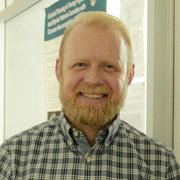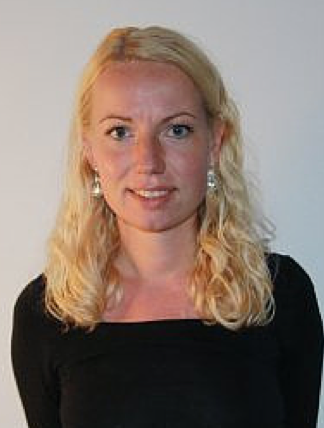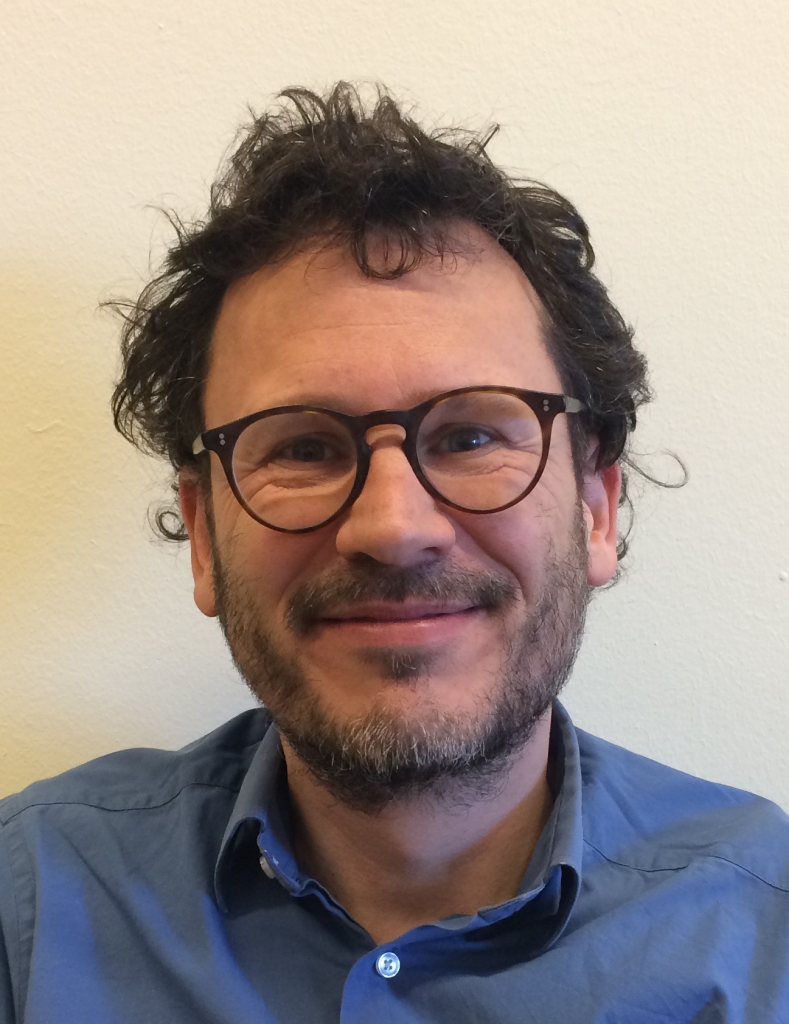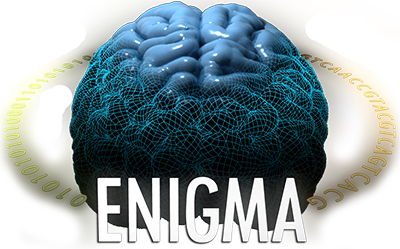![]()
The ENIGMA exchange program funds short visits for project development and crucial technical work that helps accelerate the aims of ENIGMA, or supports joint efforts across ENIGMA. These are highly focused efforts that build bridges between ENIGMA working groups and lead to a deliverable protocols, methods, and publications. Past visiting scholars include:
 Sean Hatton, PhD
Sean Hatton, PhD
University of Sydney, Australia
Dr. Hatton visited the ENIGMA center in October 2013. He is currently the Senior Technical Officer (Imaging) at the University of Sydney’s Brain and Mind Centre. Concurrently, Sean manages international clinical trials investigating neuroanatomical abnormalities in multiple sclerosis, ALS and epilepsy, and test how therapeutic intervention can improve quality of life. Sean is also interested in the structural and functional changes in the brain that cause sensory and emotional misinterpretations as seen in common psychiatric disorders.
 Janita Bralten, PhD
Janita Bralten, PhD
Radboud UMC, The Netherlands
Dr. Bralten is a genetic epidemiologist with a neuroscience background. She is currently employed as a post-doctoral researcher in the Department of Human genetics in the Radboud University Medical Center in Nijmegen, the Netherlands.
Dr. Bralten visited the ENIGMA Center of Excellence from October to November 2015 to expand upon her work investigating genes and pathways that are involved in psychatric diseases via association analysis and neuroimaging - particularly autism spectrum disorder (ASD). She also contributed to the ongoing ENIGMA GWAS of cortical structures ('ENIGMA-3').
 Marco Lorenzi, PhD
Marco Lorenzi, PhD
University College London, UK
Marco Lorenzi is currently a Research Associate at the Translational Imaging group (TIG) within the Centre for Medical Imaging Computing of University College London (UCL), London, UK. His interests include the study of computational and statistical methods for the spatio-temporal analysis of biomedical images of the brain, and the statistical analysis of longitudinal data in clinical trials of disease modifying drugs.
Dr. Lorenzi traveled to the ENIGMA Center in November 2015 to collaborate with Dr. Boris Gutman on the development of high-dimensional regression approaches for modeling brain changes in psychiatric and neurological illnesses like Alzheimer's Disease.
 Habib Ganjgahi
Habib Ganjgahi
University of Warwich, UK
Habib Ganjgahi is a Ph.D student in the Department of Statistics at the University of Warwick. He is jointly supervised by Tom Nichols (Warwick University) and Peter Kochunov (U. Maryland Baltimore) as part of NIH grant on developing inference methods for imaging genetics studies that need to consider the genomic and spatial structure (fMRI, DTI or Structural MRI) data in both independent and pedigree samples.
Habib visited the ENIGMA Center in January 2016 to provide support in the development of a new voxel-wise genome wide association (vGWAS) method for ENIGMA.
![EstherWalton_smaller[1]](https://enigma.ini.usc.edu/wp-content/uploads/2016/01/EstherWalton_smaller1.jpg) Esther Walton, PhD
Esther Walton, PhD
Georgia State University
Esther Walton completed her PhD at the TU Dresden in Germany focussing on the genetics and epigenetics of schizophrenia and their neuroimaging phenotypes. During her time as a postdoctoral researcher at King’s College London, UK, she investigated mediating effects of epigenetic markers on environmental risk factors and the development of psychopathology in childhood. Esther was recently awarded a postdoctoral fellowship to research the genetic and brain-based correlates of schizophrenia symptomatology in the lab of Jessica Turner at Georgia State University, Atlanta.
Dr. Walton visited the ENIGMA Center in January 2016 to collaborate on a number of genetic overlap projects, applying advanced methods including Rank-Rank Hypergeometric Overlap, Continuous Inflation Analysis, SECA and LD Score Regression.

Dirk Smit, PhD
Vrije Universiteit Amsterdam
Dr. Smit is currently assistant professor at the Netherlands Twin Register of the Vrije Universiteit Amsterdam. He will join the ENIGMA genomics groups to present the initial ENIGMA-EEG analysis and to plan combined analyses of ENIGMA-EEG with ENIGMA3 and ENIGMA-DTI using LD score regression and brain expression data.
ENIGMA on social media:


